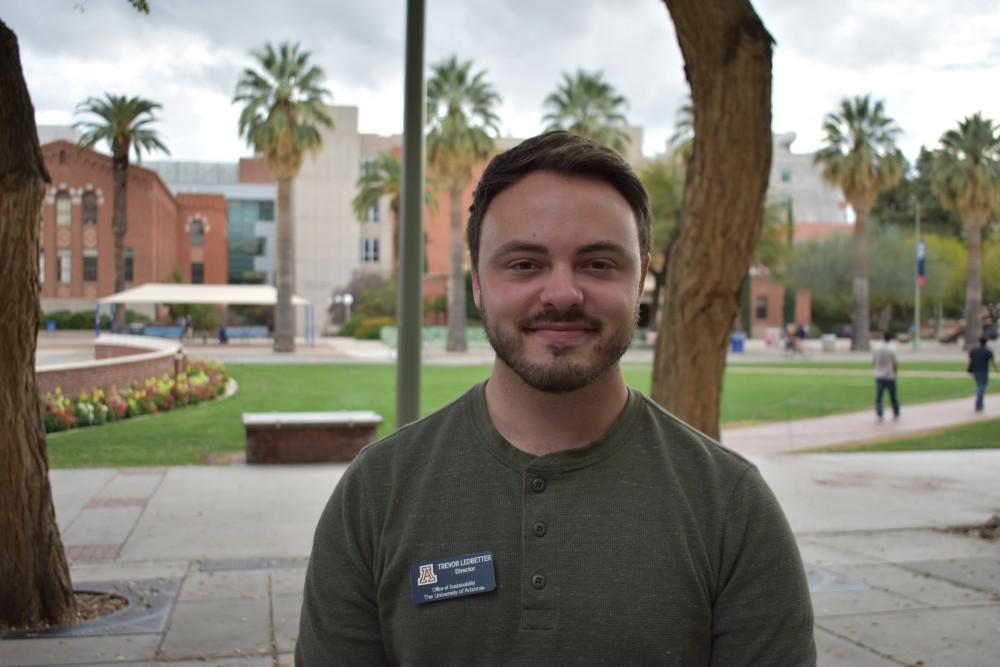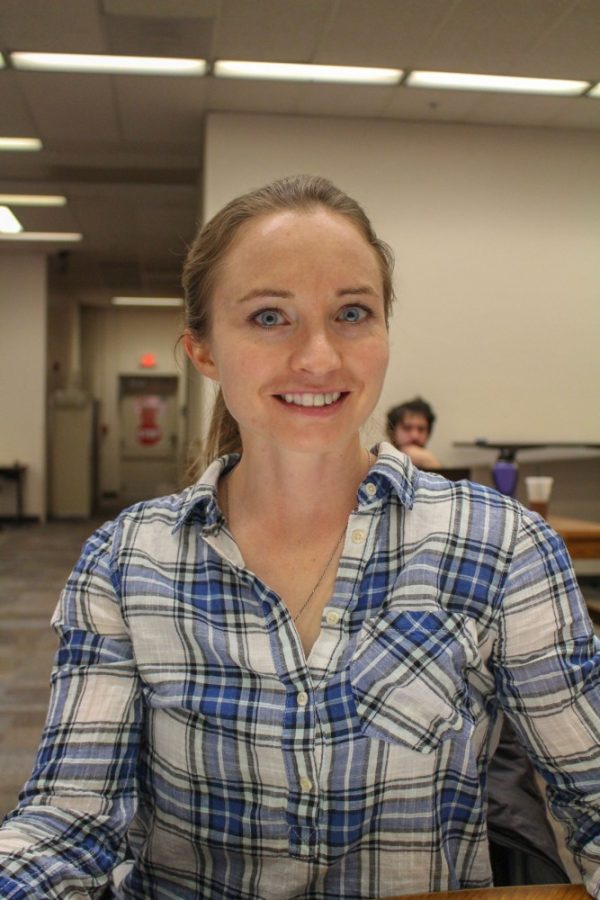The University of Arizona Office of Sustainability, Fed by Threads and the Cooper Center for Environmental Learning are joining together to put on a presentation about sustainable clothing.
The presentation, entitled “Why Shop Green?,” is being held on Feb. 21 in Social Sciences Room 100 from 6-7:30 p.m. and will be led by Skya Nelson, chief operating officer and creative director of Fed by Threads.
RELATED: Seeing green: Tucson looks towards a sustainable future after becoming a 2030 district
Nelson was reached out to about a year and a half ago about putting on a lecture to inform people on sustainable clothing and being more environmentally conscious in their fashion-related purchases. As the owner of Fed by Threads, he then partnered with the Cooper Center and the Office of Sustainability to put on a series doing just that.
“What we’re trying to do is make students aware of the long-term impact of what they’re doing,” Nelson said.
This presentation is the first of a two part series, the second being a fashion-related film screening followed by a discussion panel, featuring some local experts on sustainability, which will take place on March 28.
“The first one, I’m basically going to talk about students’ closets … and then we’re gonna have some really fun interactive demonstrations,” Nelson said. “It’s going to be an event that people are gonna want to take pictures of and share.”
Deanna Kulbeth, program manager and sustainability educator for the Cooper Center, got in contact with Fed by Threads after hearing about their work from one of her team members.
“With [Skya’s] help and with our partnerships, we were able to develop a series of events for this semester in the hopes that we will get some qualitative, quantitative success with it,” Kulbeth said.
The event was kicked-off with an environmentally themed t-shirt design contest by students, which closed on Feb. 15. The winner of the contest will be selected at the first lecture on Feb. 21. The winning design will then be created on sustainable shirts and sold; they will be considered the ticket for the film screening in March.
The money raised through ticket purchases will be matched by Feeding America and donated to provide 70,000 meals to local children in need, according to Trevor Ledbetter, director for the Office of Sustainability.

Ledbetter will be serving on the panel after the screening. He said it will be a Q&A to help people process the film, discuss how UA will be getting more involved and to provide more overall information for the audience about sustainable clothing.
“It’s really to change how people think about fashion and what we’re purchasing within this demographic which is mostly university students,” Ledbetter said. “So thinking a little bit more critically about where we’re getting these pieces of clothing, and as an institution, changing some of the conversation around where we’re procuring these sorts of things.”
Nelson stated that they will be trying to attract different Greek life groups to the lecture and create relationships with them because they have a lot of organized shirt purchases throughout the year.
“The first event is basically to get some enthusiasm going, to bring in leadership from a lot of the Greek life houses,” Nelson said.
According to Nelson, nearly 120,000 shirts in total are purchased in a year from the Greek life communities. Nelson stated that these shirts come from “sweat shop labor” and that roughly 70 million gallons of water are “being wasted and turned into toxins” as an impact of this.
According to Ledbetter, sustainable fashion is clothing that takes into account the three lengths of sustainability: the environmental aspect, the social aspect and the economic aspect.
“At the end of the day it needs to be clothing that was produced by people who were paid a fair wage and have a safe working environment, it needs to be clothing that was produced without a large environmental impact,” Ledbetter said. “Is it something that can be sustained economically?”
RELATED: Furry friends prepare to strut their UA fashion
Ledbetter said their future goal is to get the university more involved with sustainable clothing. He said these sustainable fashion lectures are an early step in trying to make some changes and making people more aware.
“Half the battle is changing the way you think about what clothing can be and getting outside of the traditional sense of fashion,” Kulbeth said.
Follow Quincy Sinek on Twitter









